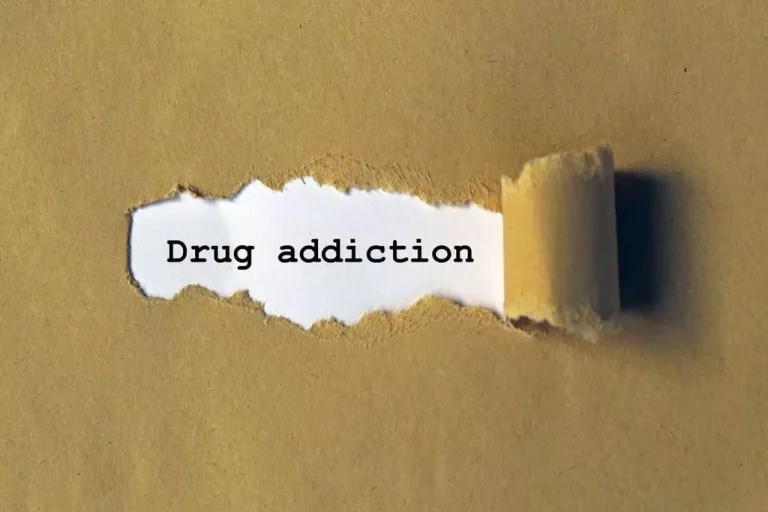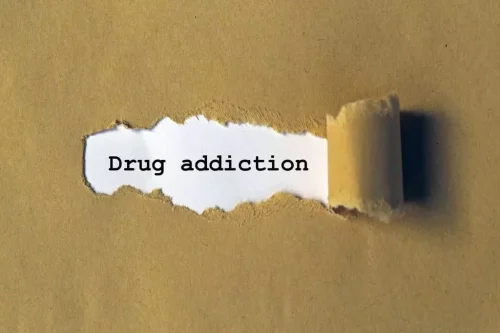Blood thinners and alcohol: Safety, effects, and more

Your insurance plan may cover some or all of the cost of treatment for drug or alcohol addiction. Our online health insurance verification system will estimate your in-network and out-of-network deductibles, coinsurance percentages and out-of-pocket maximums. Within 5 minutes, you’ll receive an email with these details – free of charge. Always consult your healthcare provider to ensure the information displayed on this page applies to your personal circumstances. You should not be started on these medicines if you have any active bleeding such as a peptic ulcer or bleeding in the brain.
- Moderate drinking is defined as 1 alcoholic drink per day for women and 2 alcoholic drinks per day for men.
- These ulcers are painful sores that form on the lining of the stomach and can cause significant discomfort.
- There aren’t any known negative drug interactions between alcohol and Ozempic.
- Dehydration causes blood vessels to narrow and blood to thicken, raising the risk for blood clots.
- If you think your dose is incorrect, talk to your doctor about adjusting your medication.
Medical disclaimer

These work by preventing or undoing coagulation, which is how your body starts to make clots. Different anticoagulants work at different parts of the coagulation process. For instance, some anticoagulants do this by competing with vitamin K, which your body needs to make proteins called clotting factors. You may also be on blood thinners if you have atrial fibrillation (irregular heartbeat), a mechanical heart valve, or a condition where your blood clots too much (thrombophilia).
What are the risks of mixing blood thinners and alcohol?
The term “holiday heart syndrome” has been coined to describe the occurrence of atrial fibrillation episodes after periods of heavy drinking, such as during holidays or weekends. However, it’s not only binge drinking that poses a risk; even moderate, daily consumption has been linked to an increased likelihood of developing atrial fibrillation over time. Consuming alcohol can potentially interfere with the effectiveness of Eliquis.

Anticoagulant medicines
Alcohol is itself a blood thinner, and it also increases the time your blood thinner medication stays in your system. For these reasons, drinking alcohol while taking blood thinners can make it hard for your blood to clot, which can increase your risk of bleeding heavily. Of course, if you drink alcohol, drinking in moderation is always recommended. Over-imbibing can affect how quickly your blood clots and can increase your chances of falling.

- If you’re taking warfarin, you don’t have to give up foods higher in vitamin K completely.
- When you see other doctors, it is very important that you tell them you are taking a blood thinner.
- Aspirin can also increase the risk of internal bleeding when taken with alcohol.
- As females retain more alcohol in the bloodstream than males, they are at higher risk of developing problems from combining alcohol with medications.
- This is an irregular heartbeat that starts in the upper chambers of your heart.
Staying Active and Healthy with Blood Thinners is a 10-minute video that shows how small changes in daily routines can help people take blood thinners safely. The review authors highlighted that previous research has suggested drinking significant amounts of alcohol every day has links to a higher risk of developing high blood pressure. They also discussed studies that indicated higher levels of alcohol consumption have associations with an increased risk of stroke, atrial fibrillation, and heart failure.
- Metoprolol is a commonly prescribed beta-blocker for conditions like high blood pressure, chest pain, and heart failure.
- Call your doctor and go to the hospital immediately if you have had a fall or hit your head, even if you are not bleeding.
- However, moderate consumption doesn’t significantly affect the metabolism of warfarin.
- Additionally, informing your healthcare provider about all the medications and supplements you’re taking is vital for safe and effective treatment.
- Avoid lots of cranberry juice or products with cranberries, too, because they can interact with your medicine and make it easier for you to bleed.
- It can also limit your kidneys’ ability to excrete broken-down toxins or drugs, such as your prescribed blood thinner.
They offer a number of benefits over warfarin, but they do have some disadvantages. Speak with a healthcare professional about the benefits and risks. Traumatic injuries are one of the most common causes of bleeding, but sometimes you can bleed spontaneously. Experts suggest moderate alcohol consumption is generally safe while taking blood thinners. Heads up that some of these “don’ts” don’t apply if you’re on one of the newer blood thinners, like Rivaroxaban (Xarelto®) or Apixaban (Eliquis®).
What are some signs I should call a doctor?
For more details on our commitment and practices, please visit our Editorial Process and Review Standards Policy page. While it tends to subside over time, these lifestyle changes and OTC treatments may help you find relief. Some studies suggest that GLP-1s like Ozempic and Wegovy may be able to help treat alcohol use disorder and other substance abuse disorders.

Health Challenges
- You can drink coffee while taking Eliquis, as there are no specific interactions between caffeine and the medication.
- If you’re prescribed anticoagulants, always follow the instructions of your GP or another healthcare professional.
- If taking metoprolol with a CYP2D6 inhibitor cannot be avoided, you’ll need to be closely monitored as this combination can cause additional side effects.
- Their use must be carefully monitored to ensure that the blood does not become too thin.
- Learn about common triggers, symptoms to watch for, and effective strategies for effectively managing this unpredictable heart condition.
“Coagulation” is a term used to describe the process of blood cells known as platelets sticking together. When a person experiences an injury, those platelets travel to the area to form together into a blood clot to stop the bleeding. Blood thinners is alcohol a blood thinner provide critical protection against blood clots for those at elevated risk. However, they come with significant bleeding risks, especially when combined with alcohol. By closely following medical guidance, limiting alcohol, and making smart lifestyle changes, you can balance the benefits and risks of anticoagulant therapy. Products that contain aspirin may lessen the blood’s ability to form clots and may increase your risk of bleeding when you also are taking a blood thinner.
